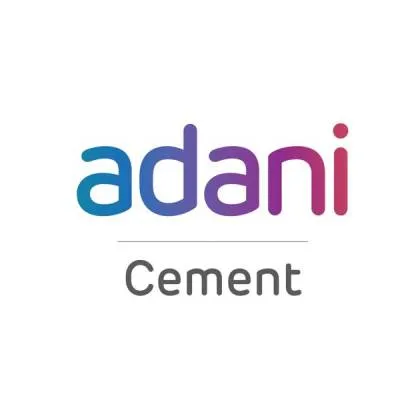Tags :
Indian real estate
residential real estate
metros
Tier-I cities
GDP
Hyderabad
sale of residential units
unsold inventory
best performing residential and commercial real estate destinations
Telangana Government
Bengaluru
co-working spaces
Pune
Chennai
Mumbai
Delhi
policy-changes
affordable housing
infrastructure status
lower interest rates
Union Budget 2019
GST
ready-to-move-i














